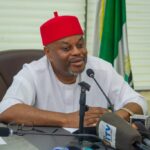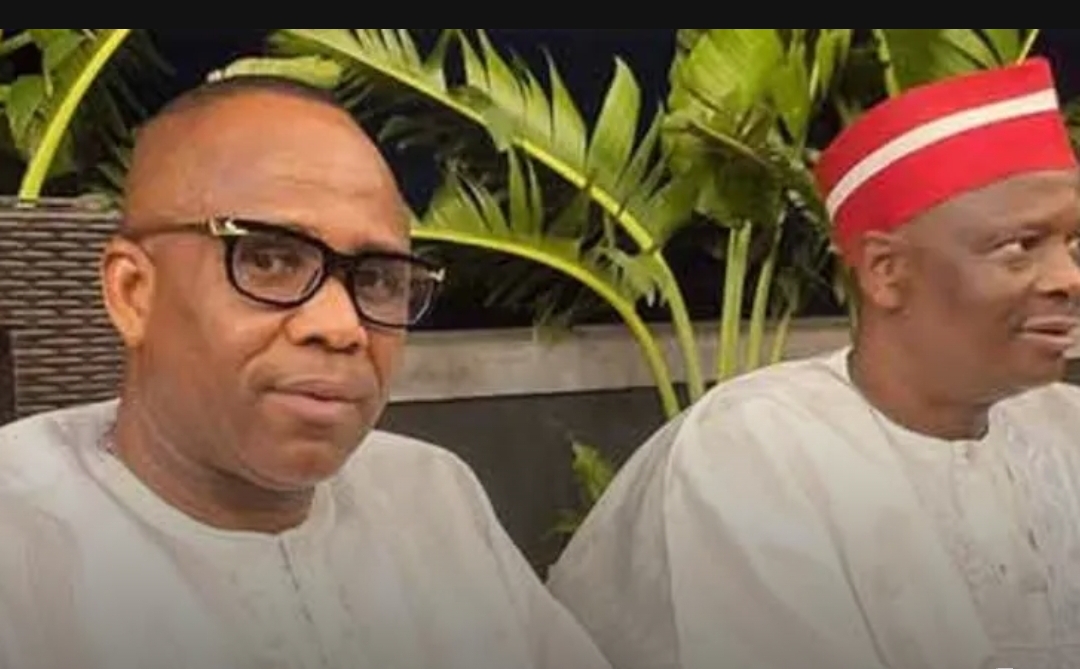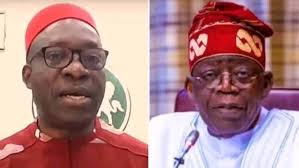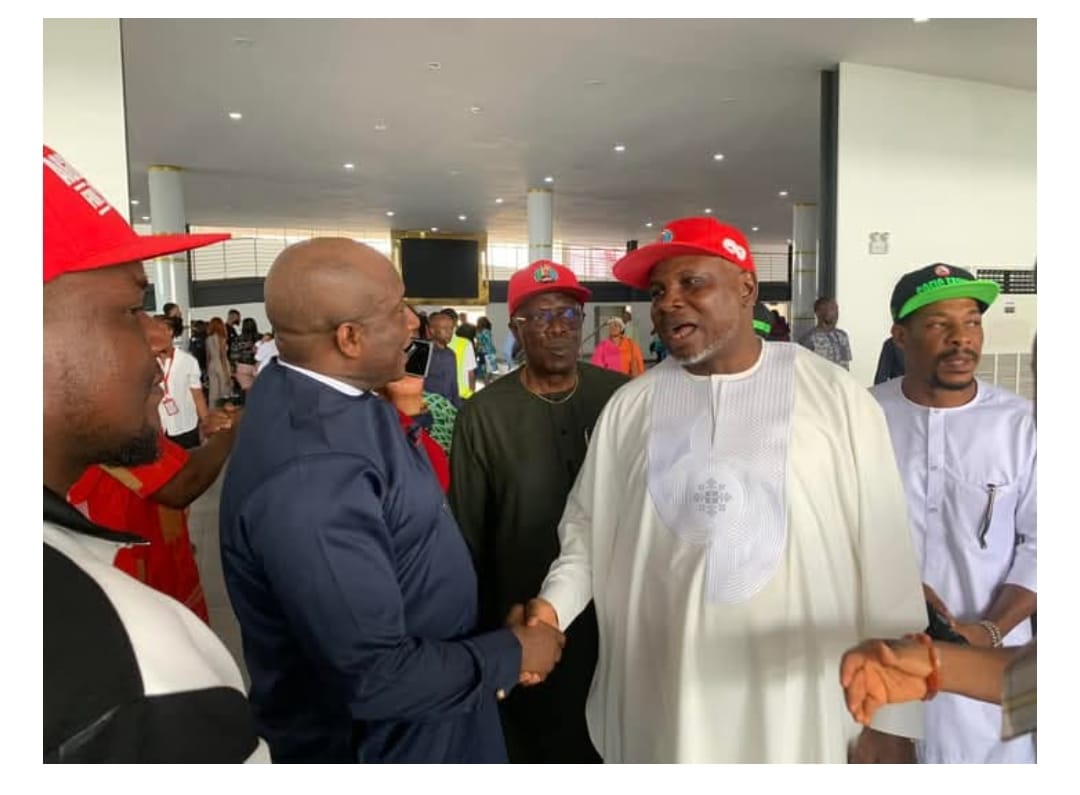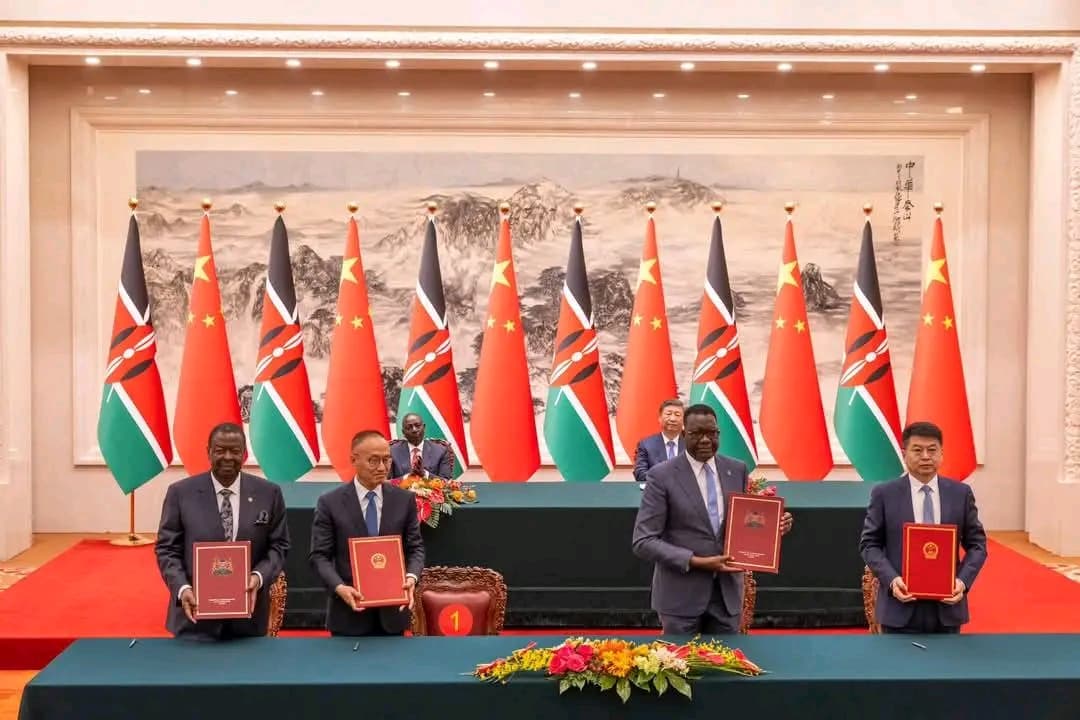Introduction:
No day passes in Nigeria without someone telling Nigerians whom God has ordained to win the 2023 presidential election. Currently there is a video circulating online where the running mate of Senator Rabiu Musa Kwankwaso, Archbishop Isaac Idahosa is seen declaring that Kwankwaso is the man chosen by God to rule Nigeria in 2023. While on the positive side, this shows the seriousness Nigerians attach to the forthcoming presidential election, on the negative side, it is indicative that prophecy has become the most abused phenomenon in Nigeria today.
While many of these prophets are being heavily chastised for manipulating the public in the name of God, I personally feel the problem is more of a misunderstanding of the nature of prophecy than it is of manipulation. The problem is this; many people are not able to make the very important distinction between prophecy and prediction, such that most of the claims about 2023 that pass as prophecies are simply political predictions, which Nigerians are erroneously taking for prophecies. What then is the difference between making a prophetic and making political predictions?
Political Prediction:
Prediction is a statement about an uncertain event. The Oxford Dictionary defines it as an act of saying or estimating that a specific thing will happen in the future or will be a consequence of something. The Merriam-Webster Dictionary defines it as an act of declaring or indicating something in advance.
Prophecy:
Prophecy usually has two major meanings: a prediction of what will happen in the future and every other inspired utterance of a prophet. The utterance in this second category can be about past, present or future event. It can as well be a word of exhortation made by a prophet on behalf of God or gods to his devotees.
Prediction and Prophecy:
The general purpose of prophecy and prediction is the same: to tell what will happen in the future. However, their source of authority for this information is what makes them very different. Prophecy relies on the authority of God-given information. True prophecy is therefore never wrong because it always carries the authority of God’s truth and character. On the other hand, prediction is based on man’s ability to determine what may happen in the future.
Prediction depends on what scientists call predictive indicators and is sometimes right but often wrong because it depends on man’s ability to correctly predict causal indicators. The key difference between prediction and prophecy is the God factor associated with prophecy.
Nigeria, a Land of Prophets or Political Predictors?
Man by nature is obsessed with the future. He wants to know what will happen tomorrow, what becomes of him, his family, education, job, etc. Recall the Biblical episode of King Saul and the Witch of Endor (1Sam 28: 3-25). Saul was dead worried about the likely outcome of the war between Israel and Philistine and had to disguise himself, sneaked into Endor to consult a member of a group (a witch) he had previously banished from Israel. In addition, the histories of almost all primitive cultures are histories of oracular consultations because the primitives like the people of our time are always trying to find out what the future holds for them. Thus, as to prediction, all men are predictors. It does not matter whether they are Christians, Muslims or traditional worshipers, wanting to know what the future holds for us, is part of our DNA.
As such, there is nothing fundamentally wrong in a Muslim, irrespective of whether he is an imam or not or a Christian, irrespective of whether he is a pastor or not, making political predictions about 2023 presidential election. However, when these predictions are made, there is need to be clear that they are based not on the authority of God but the predicator’s interpretation of data available to him.
For instance, a pastor based on the antecedents of previous presidential elections in Nigeria can looking at the power of incumbency, the number of governors, senators and powerbrokers supporting Tinubu’s candidacy and conclude that Tinubu is going to win the 2023 presidential election. There is nothing prophetic about this conclusion. The predictions will happen if the causal indicators turn out the way the predictor expected them to turn out. And the person bear little blame if the event doesn’t turn out as predicted. It simply means he misinterpreted the causal relations between the interacting phenomena.
In my opinion, what we have in Nigeria are political predictors who parade themselves as prophets. This does not necessarily mean that these forecasters are manipulators. The truth is that many of them and even their audiences often do not understand when they are making political predications and when they are prophesying. A prophet is not one who uses the data available to him to predict the future. He is rather one who on behalf of God speaks about future occurrences, which must occur because the test of a true prophet is whether his prophecy always happens. Deuteronomy 18:22 states this clearly, “When a prophet speaks in the name of the LORD, if the thing follows not, nor come to pass, that is the thing which the LORD has not spoken, but the prophet has spoken it presumptuously: thou shalt not be afraid of him.”
Hence, why it is almost impossible to stop Nigerians from predicting the outcome of 2023 presidential election, it is advisable that people should not impute on God what God has not said. It is also wrong to brag or boast about our knowledge of the future. Things may or may not turn out as expected. We should always speak of the future with humility—“If the Lord will” or “Lord willing.” These actions will keep us from the sin of false prophecy and the pride of prediction. People who falsely claim the gift of prophecy are in danger of the judgment of God. It is a serious offense against God.





